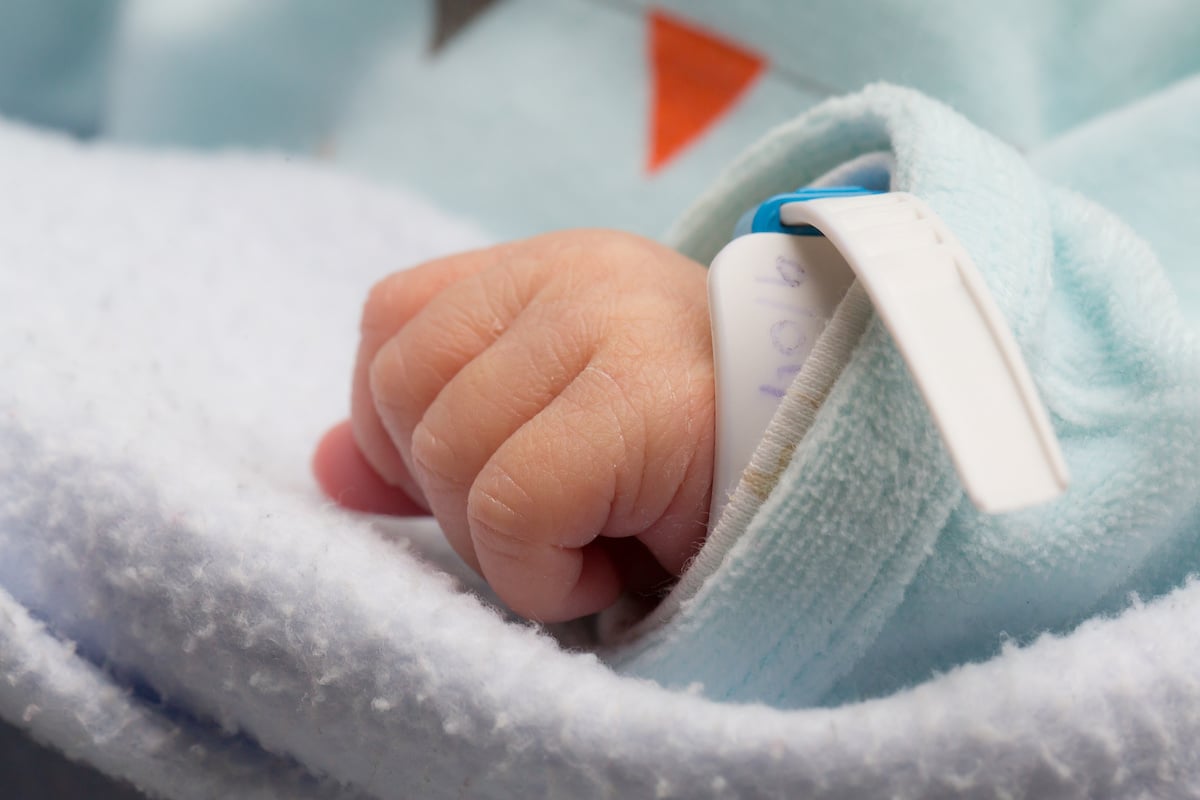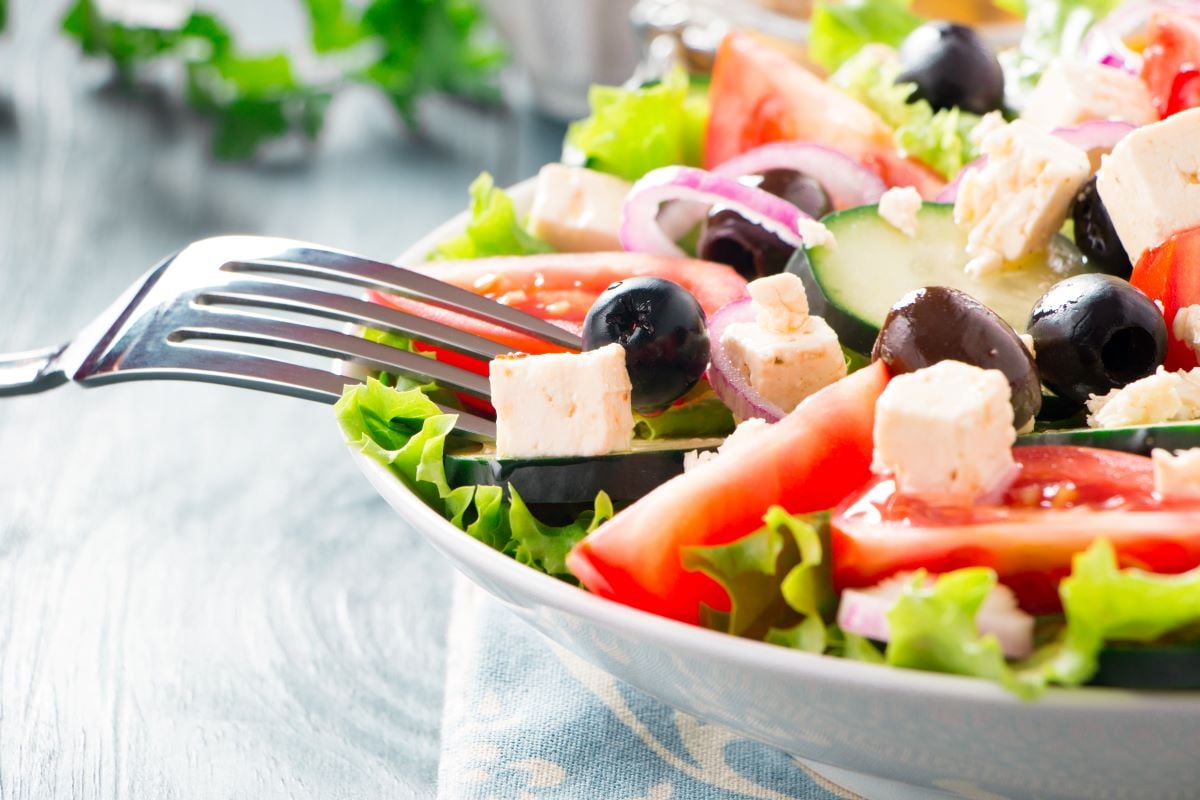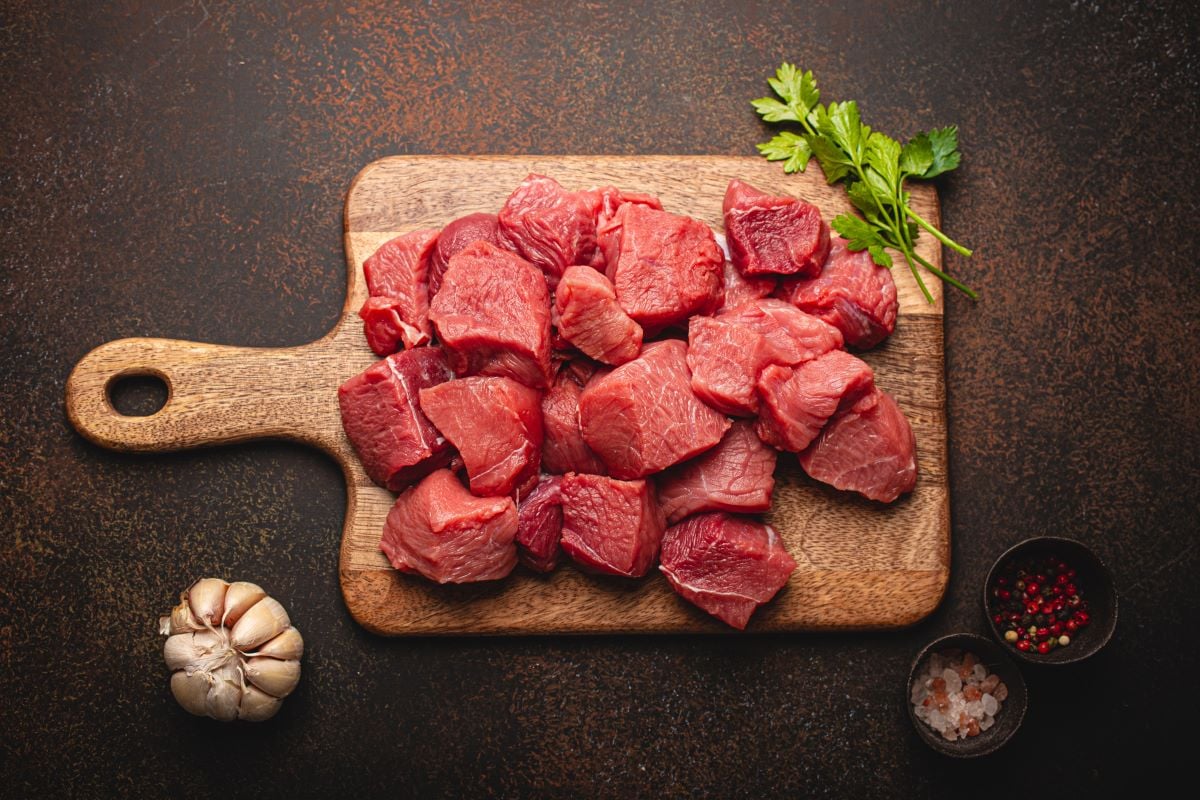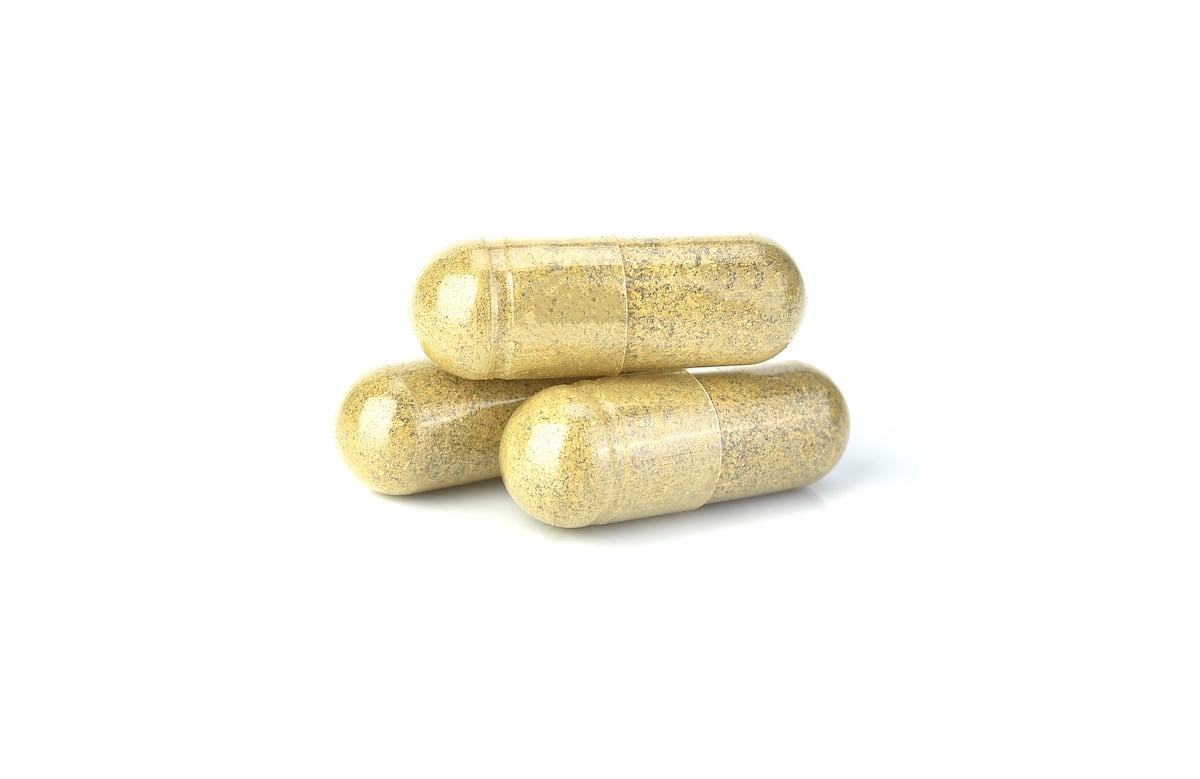
Want to be a better, more effective mom or dad? Trying sharing a good laugh with your kid. New research among folks ages 18 to 45 found many citing humor as one of the reasons they had, and continue to have, a positive relationship with their parents. “My hope is that people can learn to… read on > read on >










.jpeg)




.jpeg)


